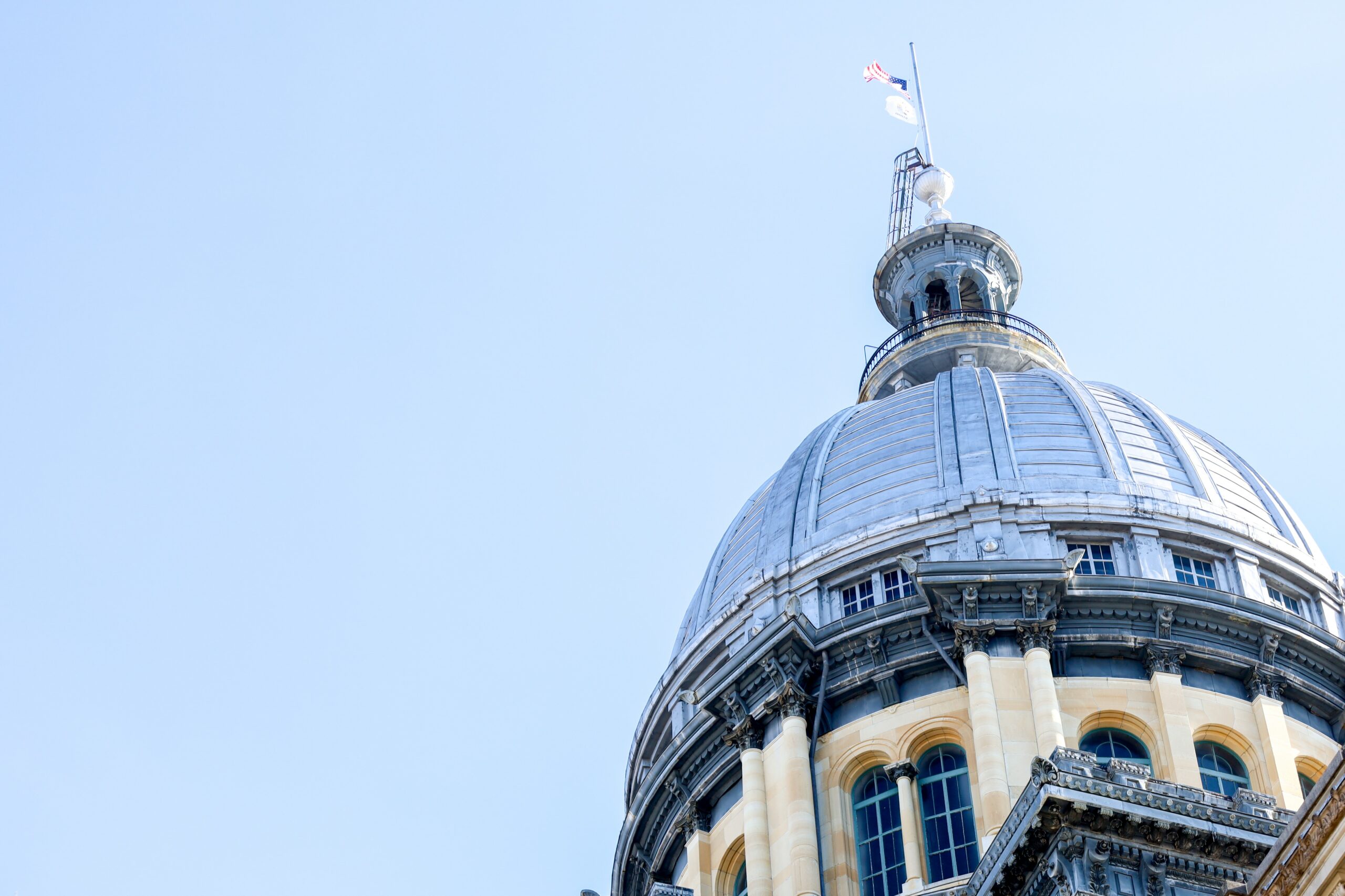NASL member firm Third Reading Consulting Group shares a summary of the 2023 Illinois Veto Session
After the first week of veto session from October 24 to 26 and a one-week break, the Illinois General Assembly returned to Springfield for the second week of veto session from November 7 to 9. This was the final legislative action of 2023 before members will return to Springfield for the 2024 session on January 16. The General Assembly took action on bills that were vetoed by Gov. J.B. Pritzker over the summer and passed a few additional measures. Notably, they did not find enough support to extend the Invest in Kids Scholarship Tax Credit Program.
A few other bills passed out of one chamber and did not receive a vote in the opposite chamber. House Speaker Chris Welch’s bill to allow legislative staff to unionize (HB 4148), which passed the House in the first week of veto session, did not receive consideration in the Senate. SB 2315, which adheres to the governor’s amendatory veto request for the property tax omnibus (HB 2507) by removing a tax break for Cook County nursing homes, did not receive a concurrence vote in the Senate. HB 779, a bill establishing a new regulatory framework for pawnbrokers, did not receive a concurrence vote in the House. These bills could be considered in the upcoming 2024 General Assembly session.
Summaries of bills that passed in veto session are available below.
Key Veto Session Legislation
SB 384 is a trailer to the Electric Vehicle (EV) Charging Act (SB 40), which passed earlier in the year, and established a requirement for all newly-constructed single family homes and multi-unit residential buildings to be EV capable. SB 384 makes clarifications to change language from “multi-unit” to “multi-family” and state that the EV Charging Act applies to both prospective and existing rental units and homeowners’ association condo properties. The bill passed the Senate by a vote of 37-18-0 on October 25, and passed the House by a vote of 73-40-0 on November 8. It now awaits the governor’s signature.
SB 584 is a small gaming omnibus bill making technical changes to the charity lottery scratch off games, ensuring that the Waukegan casino will be able to petition the Illinois Gaming Board for an extension of their temporary license, and establishing a timeline for the City of Des Planes to begin receiving $5M annual payments from the state. The bill passed the Senate by a vote of 50-7-0 on October 25, prior to being amended. It passed the House by a vote of 90-14-0 on November 9, and passed the Senate on concurrence by a vote of 41-9-0 later that day. It now awaits the governor’s signature.
SB 696 is a TIF extension omnibus package extending TIF agreements in the Village of Bourbonnais, City of Geneva, Village of Downers Grove, City of Chicago, Village of Fox River Grove, and Village of Crete. The bill passed the Senate by a vote of 53-1-0 on October 25, prior to being amended. It passed the House by a vote of 94-11-0 on November 9, and passed the Senate on concurrence by a vote of 46-1-0 later that day. It now awaits the governor’s signature.
SB 1559 makes various changes to the cannabis transporter licensing procedure. It creates a moratorium on issuing new transporter licenses from January 1, 2023 to January 1, 2027. Entities already awarded a transporter license will have their fees waived from January 1, 2024 to January 1, 2027. Beginning in 2027, the Department of Agriculture will resume the cannabis transporter licensure application on January 7 of each year and close it no later than March 15 of each year. SB 1559 passed the Senate unanimously on March 30, prior to being amended. It passed the House unanimously on November 9, and passed the Senate on concurrence by a vote of 47-2-0 later that day. It now awaits the governor’s signature.
SB 1699 has the same language as the energy omnibus from the spring (HB 3445), without the right of first refusal language for utilities in the MISO region. Gov. Pritzker issued an amendatory veto of HB 3445 to remove the right of first refusal language. Rather than accepting the amendatory veto, legislators filed the remaining omnibus language without the right of first refusal provision onto a new bill. Other provisions include expanding the solar tax credit to include public higher education institutions; requiring the Illinois Power Agency to produce three policy studies related to the Climate and Equitable Jobs Act (CEJA): (1) Utility-scale offshore wind, (2) energy storage systems, and (3) underground transmission lines; clarifying that solar projects can be installed on land owned by school districts, and requiring that these projects pay prevailing wage; requiring the Illinois Commerce Commission to host stakeholder workshops to examine the planning and delivery of thermal energy networks; and addressing the Illinois Farm Bureau’s concerns with HB 4412 from the 102nd General Assembly lame duck session, which established statewide siting requirements for wind and solar projects. SB 1699 passed the House unanimously on November 9, and passed the Senate unanimously later that day. It now awaits the governor’s signature.
SB 1769 requires all state government vehicles to be zero emissions by January 1, 2030, except for emergency vehicles, law enforcement vehicles, local government vehicles, and vehicles procured by the Illinois Department of Transportation as a part of their Consolidated Vehicle Procurement program. The bill passed the Senate by a vote of 33-20-0 on May 11, prior to being amended. It passed the House by a vote of 69-35-0 on May 25, and passed the Senate on concurrence by a vote of 37-18-0 on November 8. It now awaits the governor’s signature.
HB 351 creates the Task Force to Review Eligibility to Hold Public Office. The task force reviews and makes recommendations as to what criminal conduct should prohibit a person from holding public office in Illinois. The bill provides that a person convicted of a felony, bribery, perjury, or other infamous crime while serving as a public official in this state is ineligible to hold any local public office, unless the conviction is reversed. Additionally, it exempts notaries public from journal requirements for certain election documents to be filed by or on behalf of a candidate for public office. HB 351 passed the House unanimously on May 12, prior to being amended. It passed the Senate unanimously on October 25, and passed the House on concurrence by a vote of 86-18-2 on November 9. It now awaits the governor’s signature.
HB 1358 is a sunset extension omnibus package, extending the sunset date of 24 different acts and entities. The bill passed the House unanimously on March 15, prior to being amended. It passed the Senate by a vote of 54-2-0 on November 8, and passed the House on concurrence by a vote of 102-0-1 on November 9. It now awaits the governor’s signature.
HB 2394 aims to improve the Illinois Department of Financial and Professional Regulation (IDFPR) licensing process. It allows the IDFPR secretary to extend the expiration date or renewal period of licenses for a period not longer than the standard renewal period of those licenses, if there is a significant operational delay to avoid undue hardship on a class of professional licensees. The bill authorizes IDFPR to procure a method of source selection to implement a software solution to support mandates to enforce professional licensing acts administered by the Department. HB 2394 passed the House unanimously on March 24, prior to being amended. It passed the Senate unanimously on November 7, and passed the House unanimously on concurrence on November 9. It now awaits the governor’s signature.
HB 2473 ends Illinois’ moratorium on new nuclear construction to allow for small modular reactors (SMRs) under 300MW, effective January 1, 2026. Consistent with existing nuclear regulation, the bill makes the Illinois Emergency Management Agency (IEMA) the lead agency for SMRs. It tasks the IEMA Office of Homeland Security, with assistance from the Illinois Environmental Protection Agency, to adopt rules for reactor decommissioning, environmental monitoring, and emergency preparedness by January 1, 2026. It authorizes the governor to commission a new study to research the state’s role in guiding the development of SMRs. The bill does not supersede any federal law or regulation. Gov. Pritzker slipped in support of the bill, signaling that it addresses his concerns regarding ending the nuclear construction moratorium as discussed in his veto message of SB 76. HB 2473 passed the House unanimously on March 23, prior to being amended. It passed the Senate by a vote of 44-7-0 on November 8, and passed the House on concurrence by a vote of 98-8-0 on November 9. It now awaits the governor’s signature.
HB 2878 is the procurement omnibus that passed at the end of the spring General Assembly session. Gov. Pritzker issued an amendatory veto to remove provisions expanding transportation public-private partnerships to local governments. The House accepted the amendatory veto by a vote of 109-4-0 on November 7, and the Senate accepted the amendatory veto by a vote of 53-0-0 on November 8.

